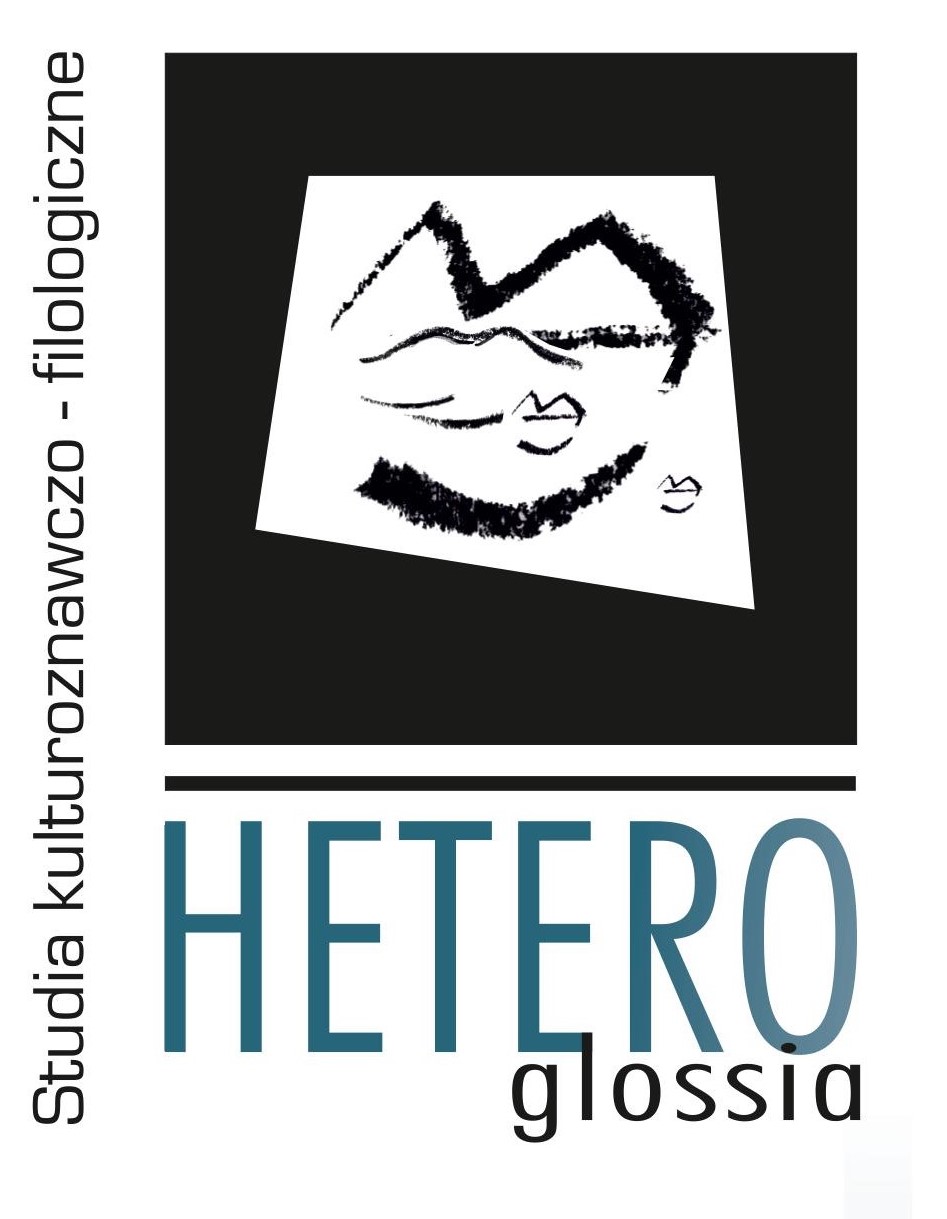“The dead and gone. The dying and the going”:
S. Beckett’s A Piece of Monologue
and C. Churchill’s Here We Go
“The dead and gone. The dying and the going”:
S. Beckett’s A Piece of Monologue
and C. Churchill’s Here We Go
Author(s): Anna Suwalska-KołeckaSubject(s): Language and Literature Studies, Theory of Literature, Sociology of Literature
Published by: Wyższa Szkoła Gospodarki w Bydgoszczy (WSG)
Keywords: Samuel Beckett; A Piece of Monologue; Caryl Churchill; Here We Go; ageing; death
Summary/Abstract: This article reflects on Samuel Beckett’s A Piece of Monologue (1979) and Caryl Churchill’s Here We Go (2015) as plays that engage with the theme of “the dying and the going”. Both playwrights are internationally renowned for their theatrical innovation, hence this article investigates how their plays explore the propensity of old age to transgress the limitations of theatrical representation and to induce heightened awareness of the audience. Beckett’s play resembles an extended poetic image whose minimalism parallels the diminishing powers customarily associated with ageing. Yet Beckett’s minimalism redirects the focus on what almost perishes, ceases to be, and affirms Speaker’s urge to tell a story and to persist with “the one matter.” As such, the limited resources of old age are not considered as a hindrance to addressing the mystery of human existence and instead become empowered by the artistic arrangement of the text. Caryl Churchill’s Here We Go resembles a triptych and its three parts employ first dialogue, then monologue, and finally resort to silence to address our mortality. The play’s brevity and the diversity of applied aesthetic and structural solutions are matched with a script that gives the director and actors ample scope for artistic freedom and creativity. Therefore in their investigation into old age and death both playwrights escape the demands of chronology and teleological narratives and employ daring and imaginative techniques to challenge the medium they work in and to confound the conventional expectations of the theatre audience.
Journal: HETEROGLOSSIA - Studia kulturoznawczo-filologiczne
- Issue Year: 2022
- Issue No: 13
- Page Range: 73-88
- Page Count: 16
- Language: English

